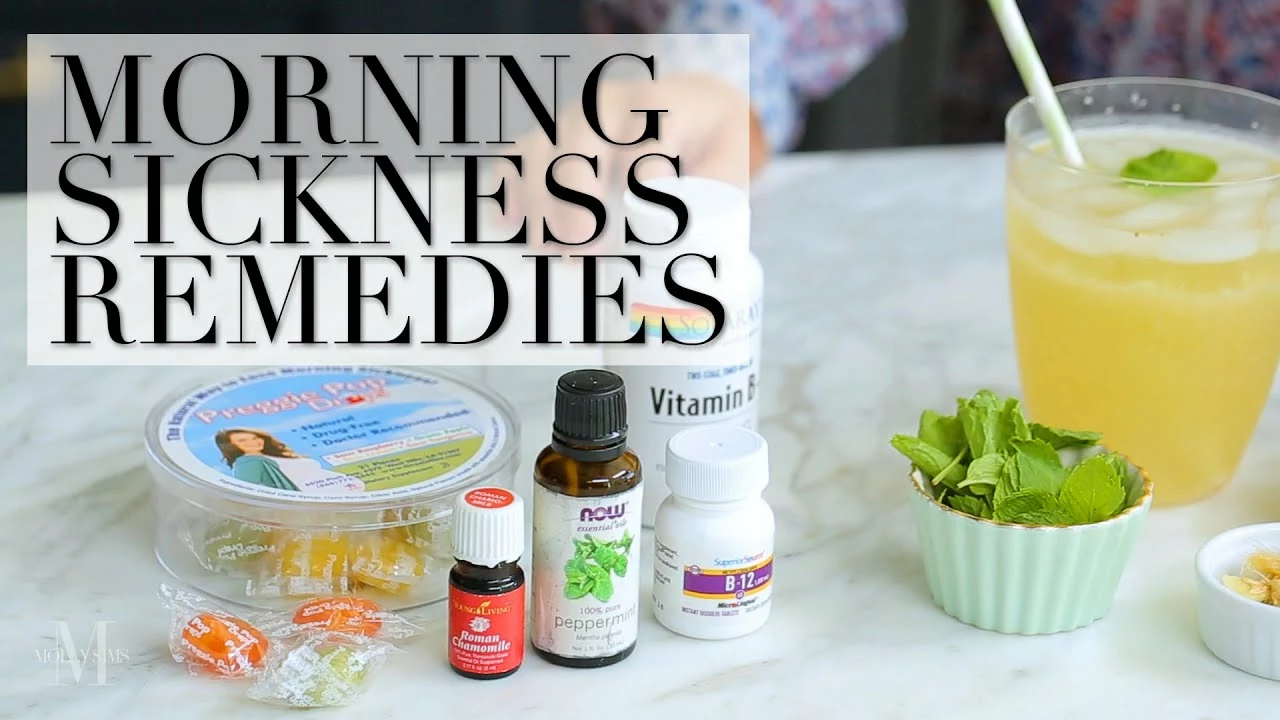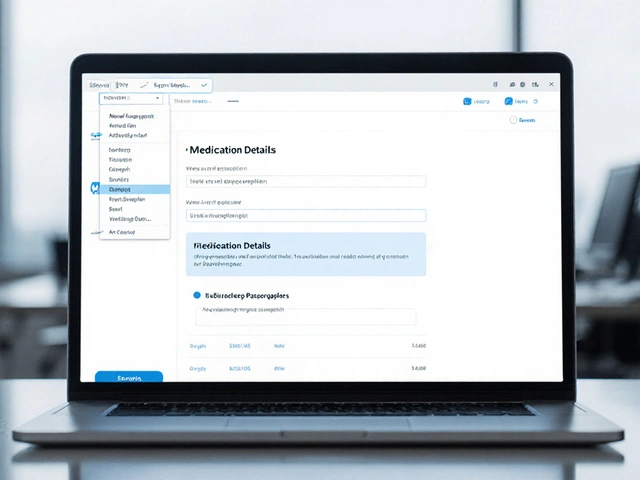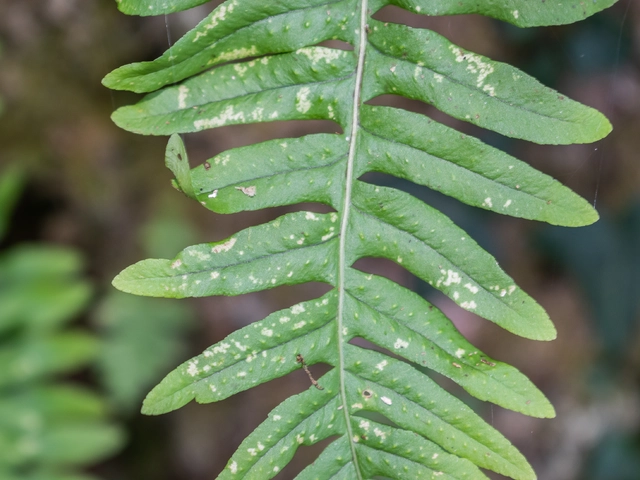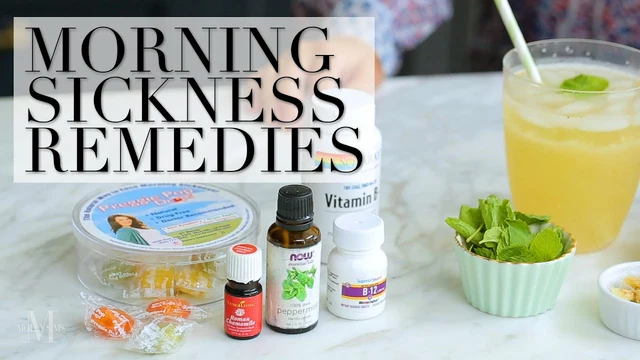Survival Kit Essentials: What to Pack for Any Emergency
If a power outage or storm hits tomorrow, you want a kit that actually helps. No fluff—just the items that make a real difference when you’re on your own.
Core Items You Can’t Live Without
Water: Aim for at least one gallon per person per day. Pack sealed bottles or a lightweight water filter if space is tight.
Food: Choose non‑perishable, high‑calorie foods that need no cooking—think energy bars, canned beans, and dried fruit. A small can opener is a must.
First‑Aid Supplies: Bandages, antiseptic wipes, pain relievers, and any prescription meds you take regularly. Keep a compact trauma kit for cuts or burns.
Tools: A sturdy multitool, flashlight (LED with extra batteries), and a whistle for signaling. These basics cover most repair and safety needs.
Protection: Include a simple dust mask, work gloves, and a basic rain poncho. They keep you safe from debris, cold, or unexpected weather.
Tips to Keep Your Kit Ready
Rotate perishable items every three months so nothing expires when you need it. Store everything in waterproof bags or containers that seal tightly.
Label each bag with the date you packed it and a quick inventory list on the outside. When you pull the kit, you’ll know exactly what’s inside without digging.
Keep your kit somewhere easy to grab—like a garage shelf or under the bed—but out of kids’ reach. A dedicated spot means you won’t waste time searching when disaster strikes.
If you move often, consider a backpack‑style kit that fits in the trunk of a car. It’s lighter and can travel with you if evacuation becomes necessary.
Finally, practice using the gear. Open the flashlight, test the water filter, and check how the multitool feels. Familiarity speeds up actions when panic sets in.
With these basics covered, your survival kit will be more than a box of stuff—it’ll be a reliable tool that lets you stay safe, fed, and calm when things go sideways.

Morning Sickness Survival Kit: Must-Have Items for Relief
Morning sickness can be a real challenge during pregnancy, but having a survival kit on hand can make all the difference. In my latest blog post, I discuss must-have items for relief such as ginger candies or tea, which can help reduce nausea. Another essential is a pack of saltine crackers, perfect for snacking on throughout the day to keep your stomach settled. Staying hydrated is crucial, so I recommend a water bottle with a built-in filter for constant access to clean water. Lastly, don't forget the importance of self-care - keep some soothing essential oils and a cozy blanket in your kit to help you relax and find relief.





